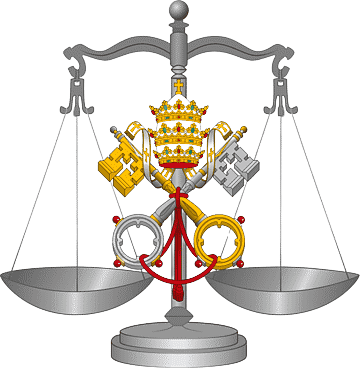
The Roman Catholic Church is a highly organized community of religious belief, worship, witness, and action. ‘Canon Law’ is the name for its Church order and discipline, its structures, rules, and procedures. [James A. Coriden, An Introduction to Canon Law, Revised (New York: Paulist Press, 2004), xi]. The question is “why should there be rules in a Church community?” Our point of departure is that, every Church, although based on what its members believe to be divine revelation, is also a human institution, that is a society. As any other human society, Churches too require rules for the attainment of their ends. G.J. Woodall points out that: “The Church is the community of the baptized in Jesus Christ, united to him by the Holy Spirit and in him united to the Father. One justification that has been put forward for the existence of Canon Law is that every society or community needs to regulate its activities and behavior in an ordered way if it is to live in peace; wherever there is a society, there is also law, according to an ancient saying (‘ubi societas, ibi lex’). Like any other society, then, the Church needs its organization and system of law for its own specific community. It is similar to other forms of society in that it has a law, but differs from them in that it has its own law.” That is why we refer to it as a society (sui generis) in a class by itself. (G.J. Woodall, A Passion for Justice. An Introductory Guide to the Code of Canon Law, Leominster, Gracewing, 2011, 1). The Second Vatican Council taught both that the Church is perfectly holy and that it remains always in need of sanctification.

